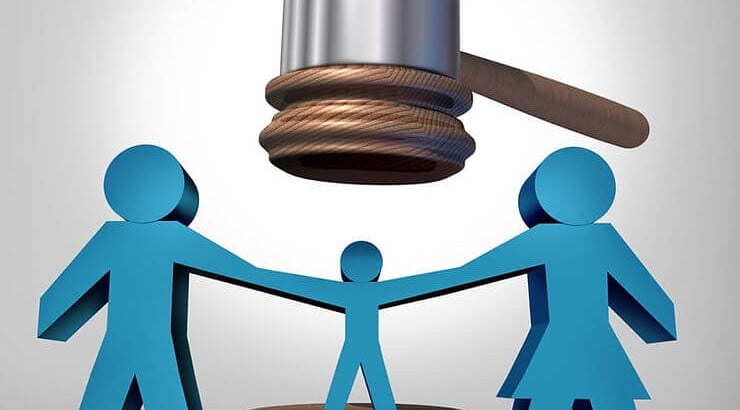Custody Evaluations in California

Going through a divorce is a stressful process. We do what we can to remove as much stress as possible, but things often get difficult, especially when kids are involved. A recent news article on the ongoing Angelina Jolie – Brad Pitt divorce said that Ms. Jolie would not allow her kids to testify to figure out the custody of their children. This brings up a question that many people have about custody hearings: can children testify? California State law does allow for children to express an opinion regarding custody. California Family Code § 3042 outlines when and how a child may express an opinion regarding control. Part (a) specifies:
If a child is of sufficient age and capacity to reason so as to form an intelligent preference as to custody or visitation, the court shall consider, and give due weight to, the wishes of the child in making an order granting or modifying custody or visitation.
- Part (a) is then expanded and tempered by parts (b), (c), and (d).
- For example, part (b) says that the court can control the examination of a child to protect the child’s best interest.
- Part (c) says that a child of at least 14 years of age and wishes to address the court, they may do so unless the court determines it is against the child’s best interest.
- Part (d) says that even a child less than 14 years of age may express an opinion, again, if the court determines that it is the child’s best interest.
The “best interest” of a child is a common theme throughout the divorce, especially in the area of child custody. “Best Interest” means “that all custody and visitation discussions and decisions are made with the ultimate goal of fostering and encouraging the child’s happiness, security, mental health, and emotional development into young adulthood.” 1
A judge will generally consider it in the child’s best interest to maintain a positive and loving relationship with both parents. Having a child testify or express an interest in one parent over another in open court can sometimes go against this standard.
Section 3042 goes on to say that if the court determines that it is against the best interest of the child to express an opinion, the court must find another way to make its determination regarding custody and the child’s preference.
One way a court may determine custody and visitation is through a Custody Evaluation. A Custody Evaluation is generally performed by a mental health professional such as a psychologist. The process, which could be a stressful process for parents, includes the psychologist interviewing each of the parents and the children. The purpose of the evaluation is to give sufficient information to the court so a decision can be made that ensures the needs of the children, including their preferences are being met as best as possible. The evaluation will pay attention to the parent’s skills, and conversely, the areas that are in need of improvement, along with the psychological needs of the children.
The evaluation process can take some time to complete and may involve several interviews with everyone involved. The evaluator will also observe each parent interacting with their children and may receive input from other adults who interact with the children, such as teachers or other health care providers.
The final result is a report presented to the judge with their findings along with recommendations related to custody and visitation.
The custody portion of a divorce is always challenging, but it cannot be rushed, and it must proceed so that the children are protected. It is always best when co-parents have a working relationship to make everyone’s shared custody or visitation schedules easier. In cases where custody cannot be worked out through mediation or other alternative dispute resolution processes and the judge needs to make a final determination that has the potential of upsetting one or even both parents, anger and hatred are possible.
We work with our clients to work through these issues and reiterate that regardless of how a person feels toward their ex-spouse, assuming there are no issues of abuse or mistreatment, the most important thing is, as the courts say, “the best interest of the children.”
If you have any questions or concerns about the process of determining child custody, visitation, or custody evaluations, please call our office at 408.267.8484.
1 – Focusing on the Best Interests Focusing on the “Best Interests” of the Child – FindLaw
Address
1530 The Alameda, Suite 108
San Jose, CA 95126
Contact Us Today
TDC Family Law serves the entire state of California for Family Law Contempt of Court & Private Settlement Judge, Parent Coordinator & Mediation


